According to data and analyses presented by experts during the 4th Domestic Appliances Congress in the Łódź Special Economic Zone the white goods sector maintains the upward trend. Year-on-year, the production of household appliances has increased by almost 15 per cent. This year’s Congress brought together almost 400 people, representatives of household appliance manufacturers, sub-suppliers, companies from the household appliance environment, the government, universities and industry experts.
There were five discussion blocks on the very first day of the Domestic Appliances Congress, devoted to: macroeconomics, good energy, the labour market, logistics, the environment and sales. The largest business meeting of the white goods industry in Europe was opened by Waldemar Buda, Minister for Development and Technology, who drew attention to the pivotal role of the white goods industry in the Polish economy.
– Thanks to new investments and the implementation of innovative solutions, Poland is the leader in the white goods production. Polish factories account for almost 40 per cent of the production of large household appliances in the European Union, and the manufactured goods are supplied to dozens of countries around the world, – said the minister.
The domestic appliance sector in Poland keeps growing year on year, increasing production volumes and employment levels. Domestic appliance manufacturers and industry experts estimate that Poland is now second only to China in terms of the volume of appliances produced.
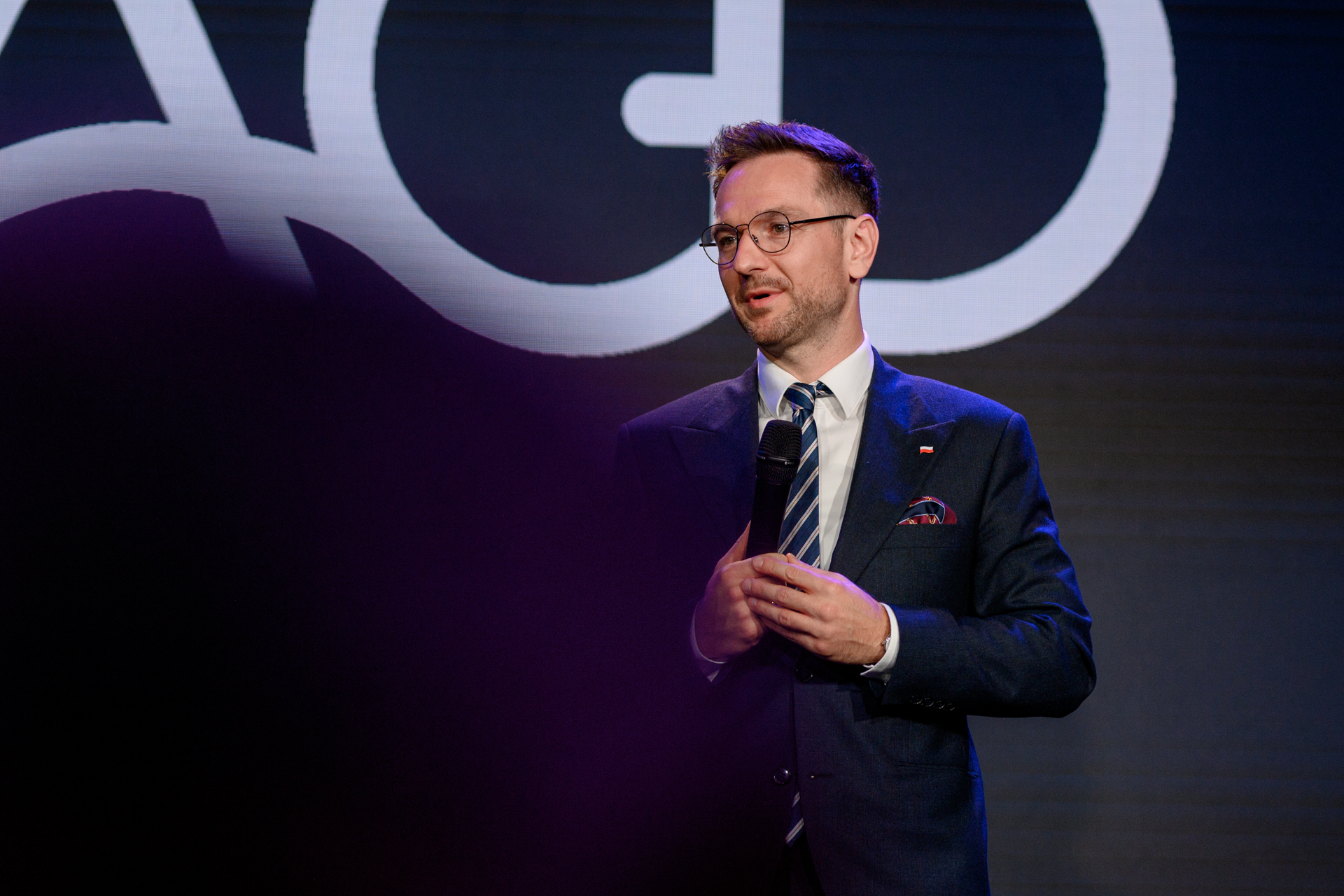
– Behind this success are the 100,000 people employed in the household appliance manufacturing industry itself and in sub-suppliers of materials and services, efficient management and increasingly innovative technologies that make life easier. The sector plays also an important role in the green and digital transformation, including energy efficiency, waste management and recycling, or the Internet of Things, – adds Minister Buda.
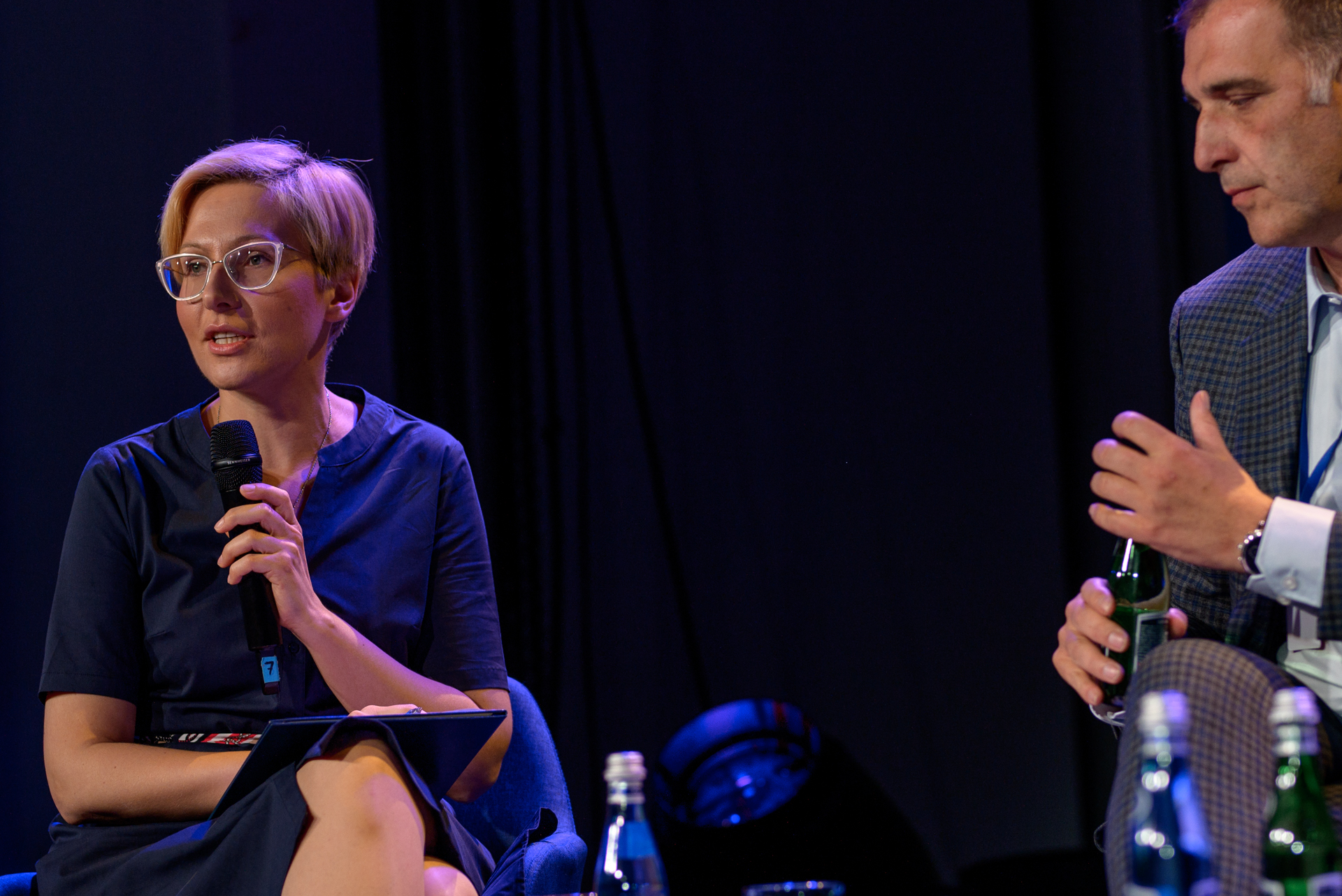
The discussion at the fourth edition of the Domestic
Appliances Congress was dominated by topics related to crisis management. The
white goods sector is not indifferent to external factors, previously the
pandemic and now the conflict in Ukraine.
– Every year we face new topics at the DA Congress. Today, the burning issue is crisis management. The white goods sector is affected by many variables, to which it is necessary to react quickly, but still with strategic thinking. The dynamic labour market situation caused by the conflict in Ukraine looks like a challenge, but at the same time it can be an opportunity for stable development. The increased role of e-commerce can become a driver for industrial innovation. We observe among zone investors from the white goods industry investments in research, creating internal innovations, but also opening up to external design teams, such as startups, – said Agnieszka Sygitowicz, vice-president of the Łódź Special Economic Zone.
The focus remained on the outflow of migrants from the labour market. Mainly men, who left their jobs in Poland and returned to Ukraine. This situation particularly affected those manufacturing companies whose structures were largely based on workers from Eastern Europe. However, they were replaced by several times as many immigrants. The conclusion regarding the future shape of the labour market among experts is optimistic. They estimate that companies are currently preparing to hire nearly 700,000 women, who are undergoing the necessary training and will gradually enter the Polish labour market, also in positions hitherto dominated by men.
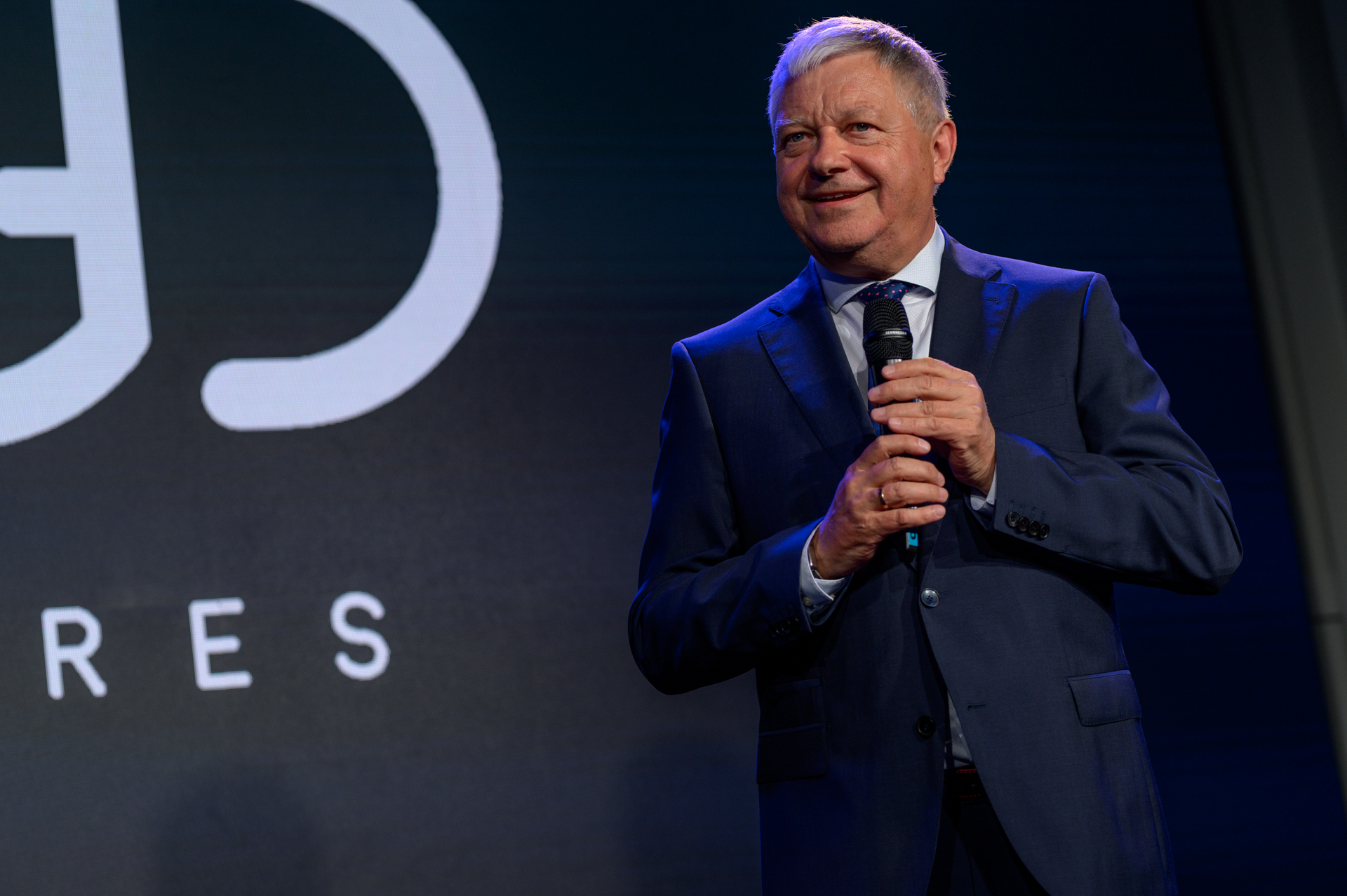
– Above all, the industry should be praised for its rapid response to the crisis. In the pandemic, the white goods sector rapidly adapted its working conditions to the epidemic situation. Today, it has shown a strong commitment to helping Ukraine, in many ways. Collections, donations of equipment, assistance for workers who returned to Ukraine in the face of the crisis, but also for the families of workers who came to Poland. This attitude should be thanked and talked about, – stressed Marek Michalik, President of the Łódź Special Economic Zone.
The size of the white goods sector is also measured by sales factors, which reached PLN 26 billion in 2021, a year-on-year increase of 3 billion. Rising sales and production are generating challenges for both e-commerce and logistics. The conflict in Ukraine has also unsettled supply chains and narrowed markets, making forecasts show that demand for white goods could slow down.
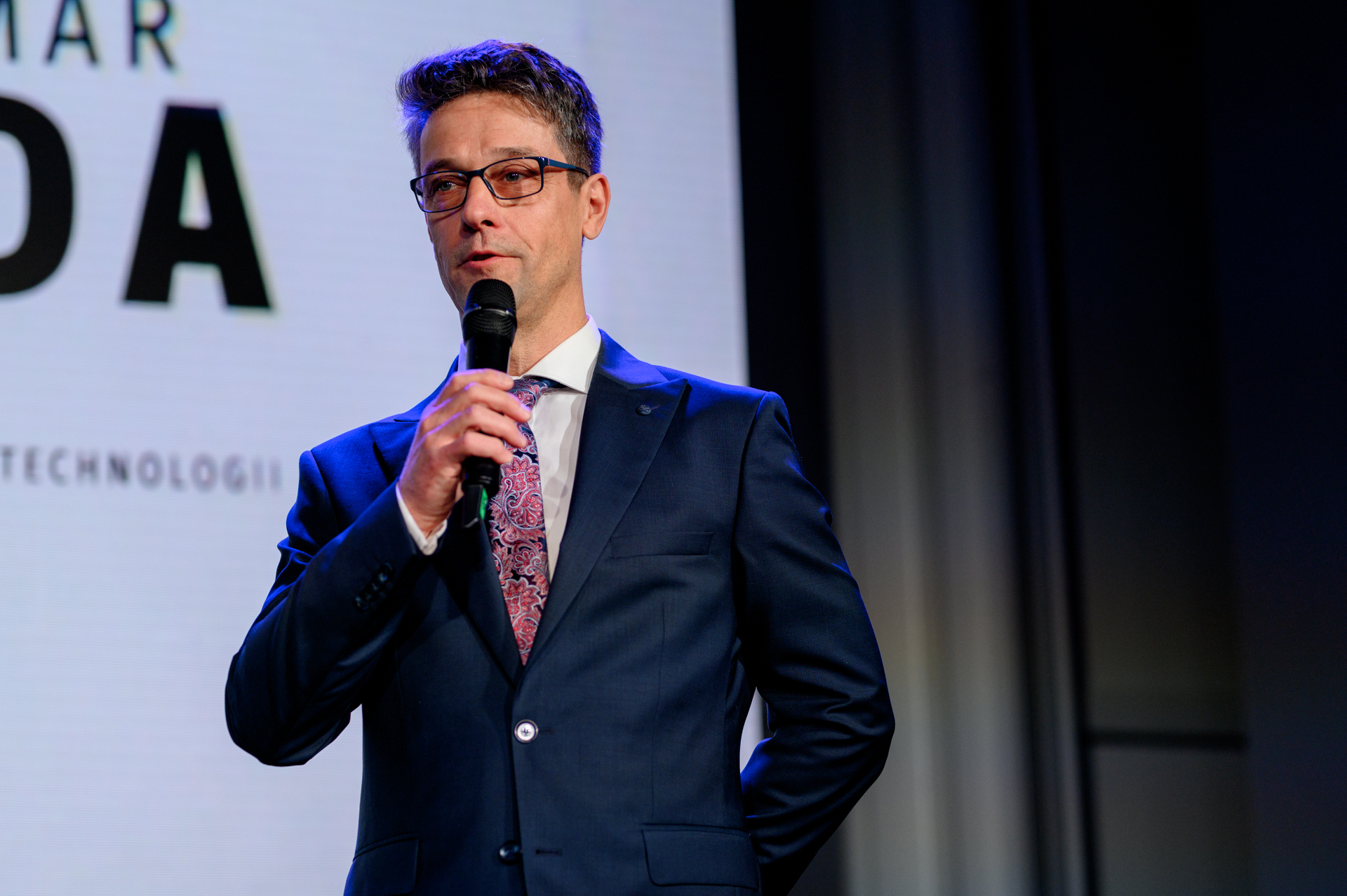
– Despite the unfavourable external factors affecting the industry, Poland is number one in the European Union in terms of the production of household appliances. Thanks to good management and rapid response to market changes, we have maintained production growth in the pandemic and we must now ensure that these good trends are restored. Our Congress is the largest industry conference in Europe and a great time and place to discuss all the burning issues and answer the difficult questions. Only an in-depth analysis of the challenges posed by the dynamic labour market situation, broken supply chains, fluctuating production costs, will allow us to develop optimal solutions, – explained Wojciech Konecki, President of the Employers’ Association APPLiA Poland.
90% of production of large household appliances is exported, with a value of PLN 24 billion. Almost 50% of exports of large white goods are addressed to 4 countries: Germany (23%), the UK, France and Italy. Factories located in the Łódź Special Economic Zone have a large share in the results.
– The white goods industry is an important link in the Łódź SEZ. The number of investments by the zone’s white goods companies will soon exceed 70, and their value will be PLN 2.5 billion. This is an industry that relies on research and development centres, invests in innovation, human capital and the results show year by year that it pays off, – said Marek Michalik, President of the Łódź Special Economic Zone.
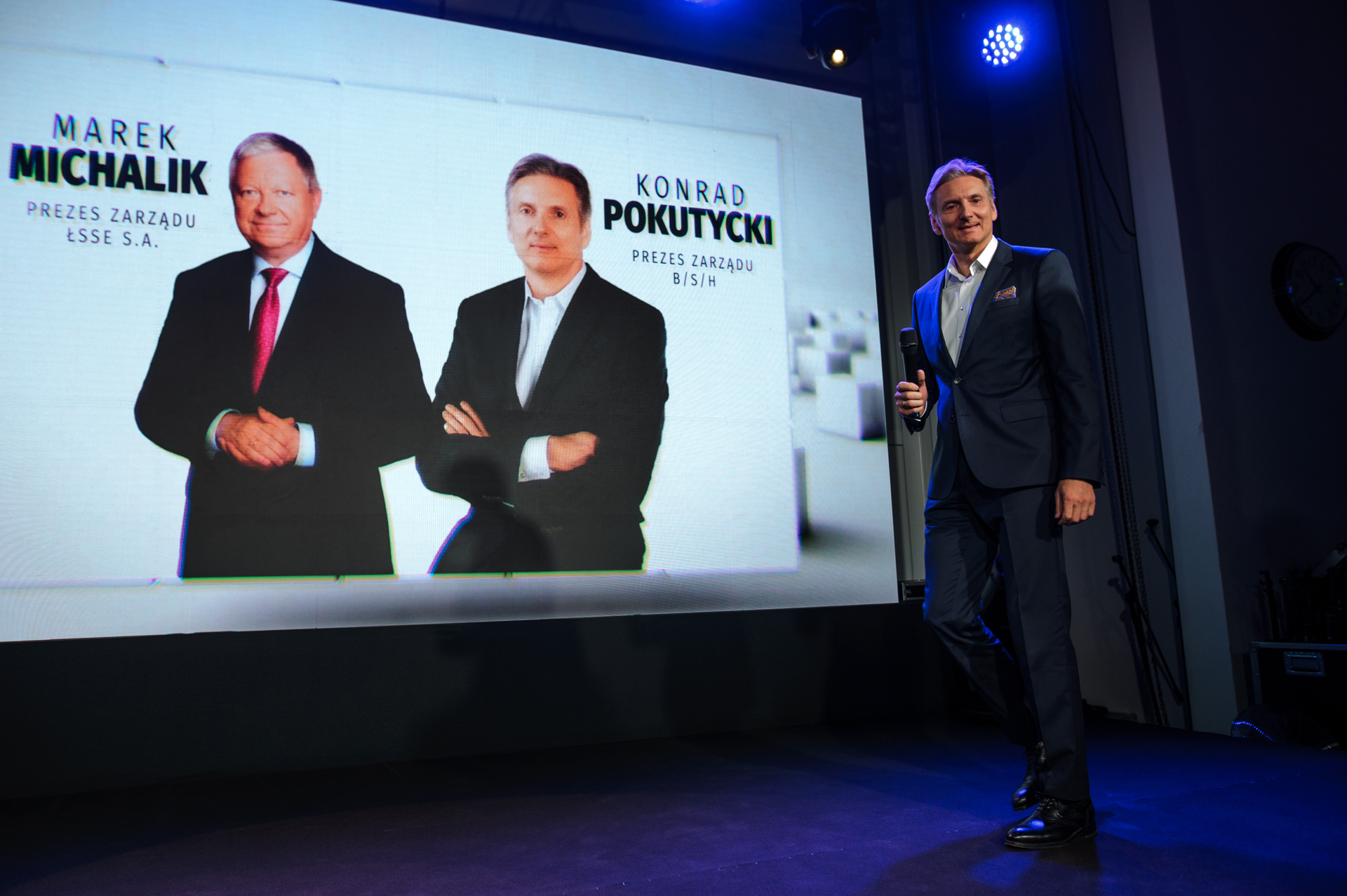
Łódź and the region are home to the largest manufacturers like Whirlpool, BSH, Miele, as well as their sub-suppliers, service providers and cooperating partners. During the Congress, Konrad Pokutycki, President of the Board of BSH, mentioned investment plans in Łódź amounting to PLN 500 million, which will translate into the creation of new jobs.
Łódź and the region are home to the largest manufacturers like Whirlpool, BSH, Miele, as well as their sub-suppliers, service providers and cooperating partners. During the Congress, Konrad Pokutycki, President of the Board of BSH, mentioned investment plans in Łódź amounting to PLN 500 million, which will translate into the creation of new jobs.
– Our company has been working with the white goods sector for many years and practically every year we see an increase in the demand for staff. We mainly supply employees to factories, but IT, sales, logistics or R&D specialists are also needed. This sector is developing dynamically, increasing production, but also automating and investing in modern technologies, – said Krzysztof Inglot, labour market expert and founder of Personnel Service S.A.
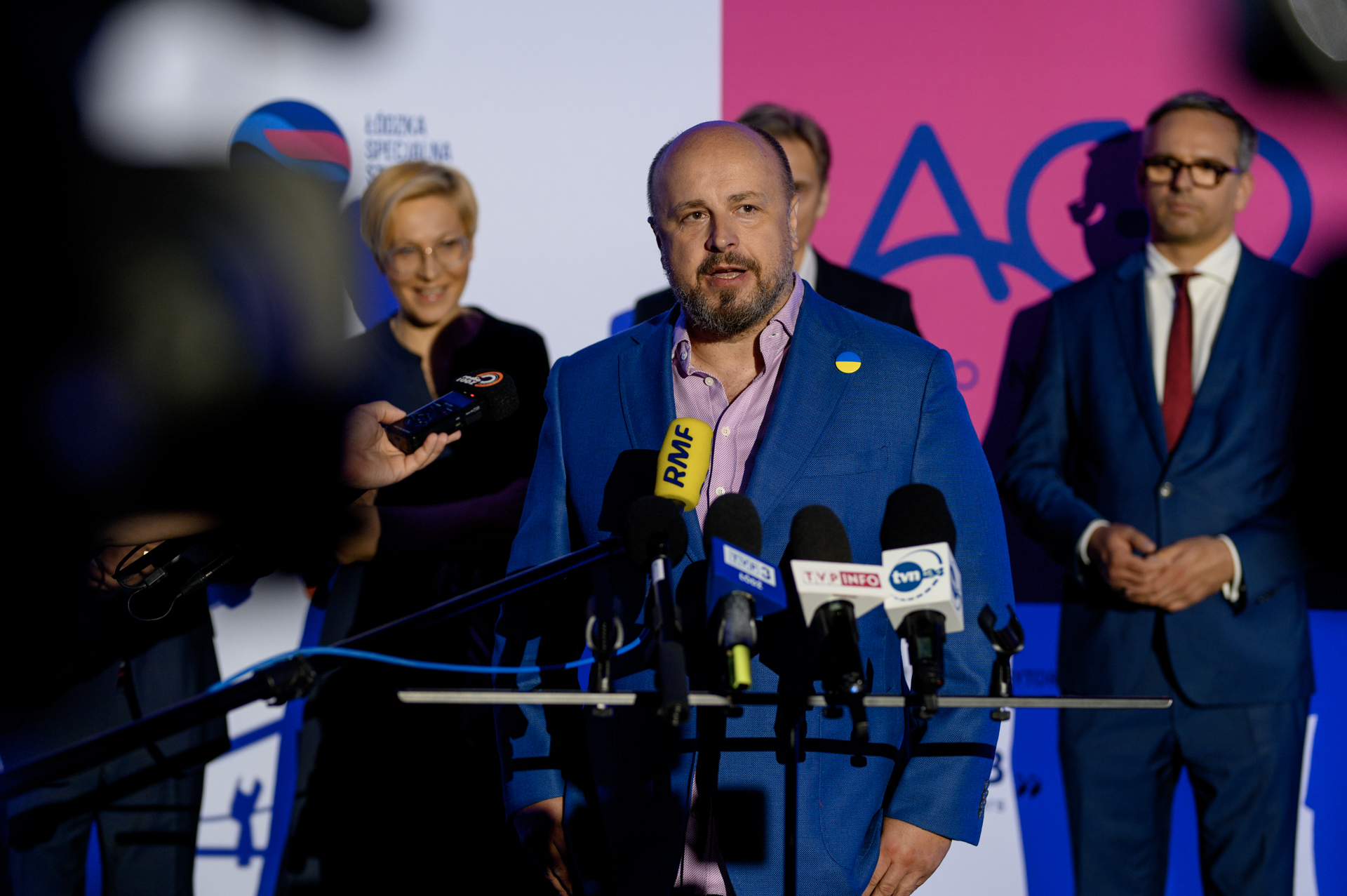
The white goods sector is closely linked to the logistics industry. Increasing production and sales year on year challenges logistics on many levels: warehousing, dispensing systems, handling growing e-commerce, short deliveries. On top of this, supply chains have been heavily impacted by the pandemic and now the conflict in Ukraine. In a panel on logistics, experts discussed the current situation and the outlook for the coming years for the sector.
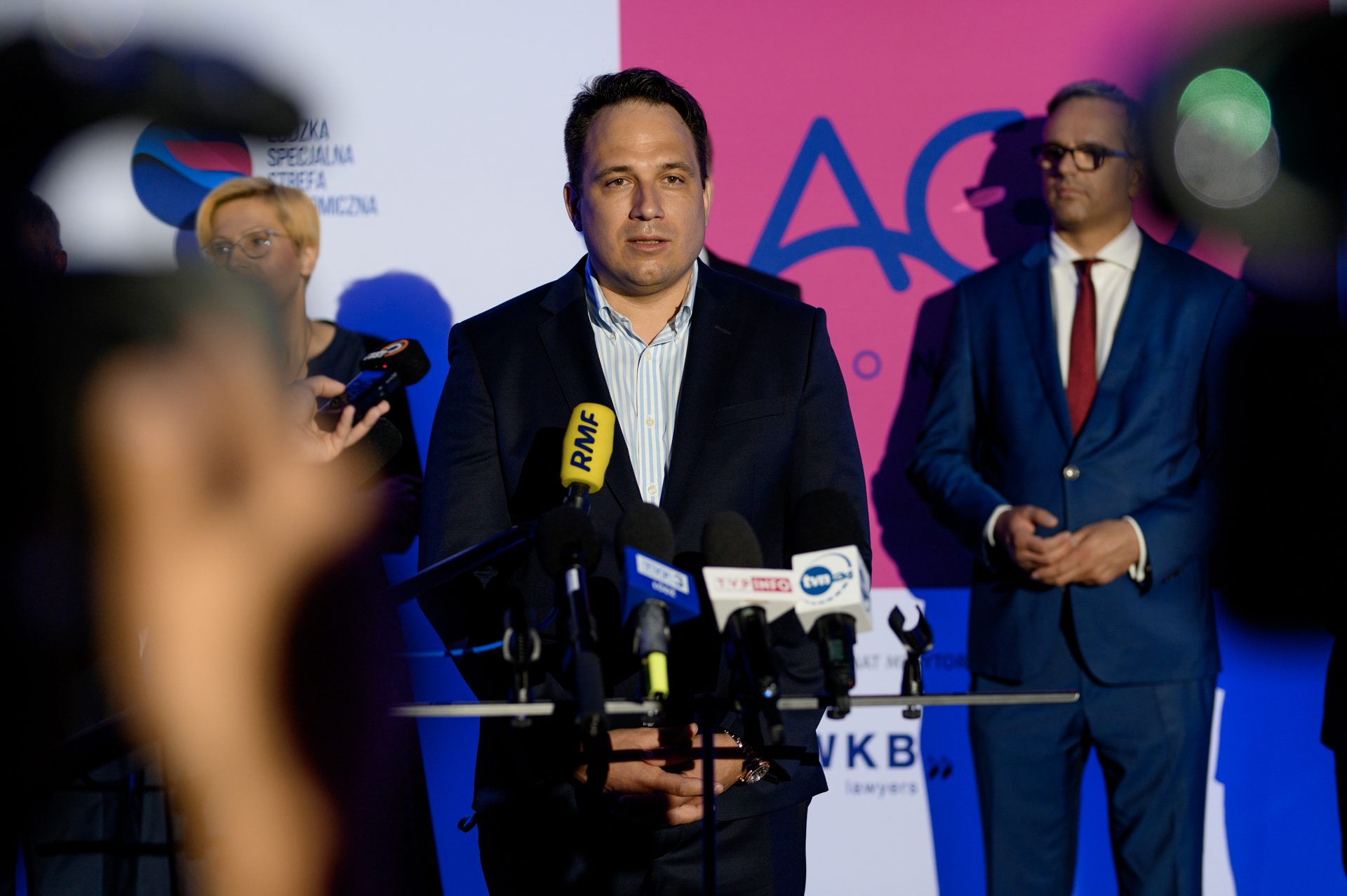
– We have been working with the white goods industry for eight years. Today, we look at what is happening with great caution. Increases in energy and fuel prices, inflation, create an unstable situation in terms of being able to guarantee service prices for our customers. This makes it necessary for us to meet more often, to talk and to work out solutions for optimising processes that allow us to block price increases for our services. By the end of last year, everyone in the white goods industry was satisfied with the record results. Yet the rapid growth also generated a few risks, such as broken supply chains when service providers could not keep up with such rapid production. This year seems a little less optimistic. We thought that the end of pandemic would give us some comfort in our operations, while the outbreak of war in Ukraine and the global problems associated with it I think will bring a slight cooling of this upward trend, – said Bartłomiej Dobosz proxy of Cordis Logistics.
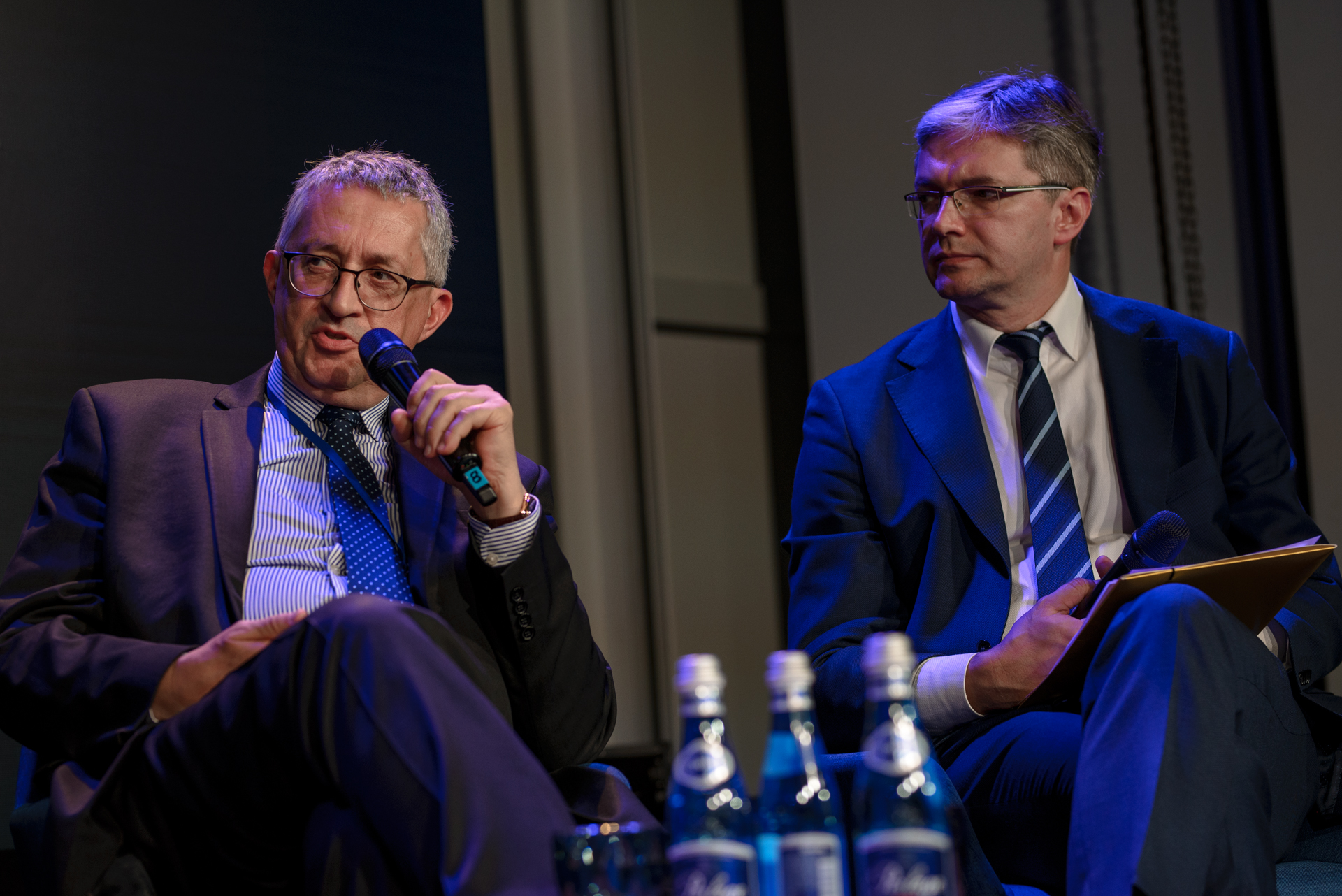
The environment is always an important topic in
the context of the white goods industry, which generates large amounts of
electronic waste. Fortunately, it places a high emphasis on recycling and
improving production processes so that as many parts as possible can be reused.
– The mass of equipment collected by the
electro-recycling industry in 2006-2021 was approximately 3 million Mg. During
this period, expenditure on education amounted to about 70 million PLN. The
costs incurred by producers of electrical and electronic equipment on the
market amount to about PLN 1.5 billion, while the value of investments in 2006-2021
is estimated at about PLN 370 million – these are investments in technology,
warehouses, production halls, means of transport or collection points. Our
industry today employs around 2,500 people, while the value of the market in
2022 will be PLN 500 million. – said Grzegorz Skrzypczak, President of the Management Board of
ElektroEko S.A.
The second day of the Congress is professional
networking in the Business Mixer formula. The largest companies in the white
goods industry will meet with subcontractors, start-ups, suppliers, recyclers.
In short, these are fast-paced round-table discussions in a formula of dynamic
presentations. Congress experience shows that the Business Mixer has helped to create
the ideal conditions for establishing new business contracts.